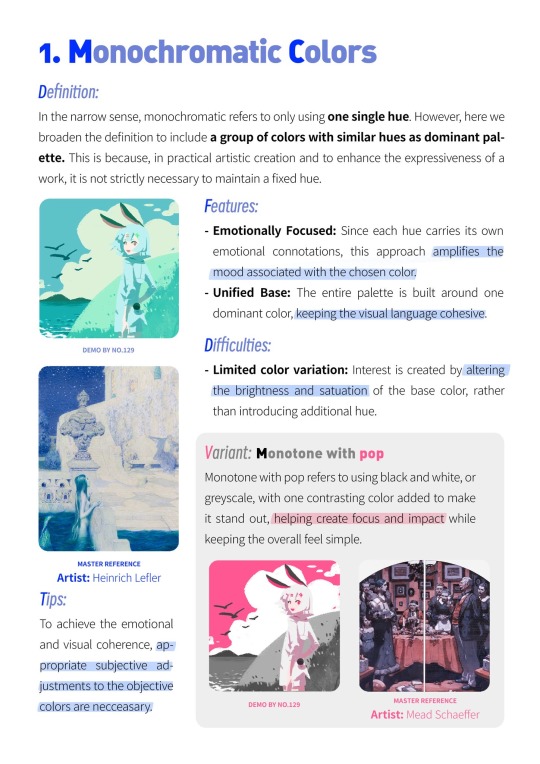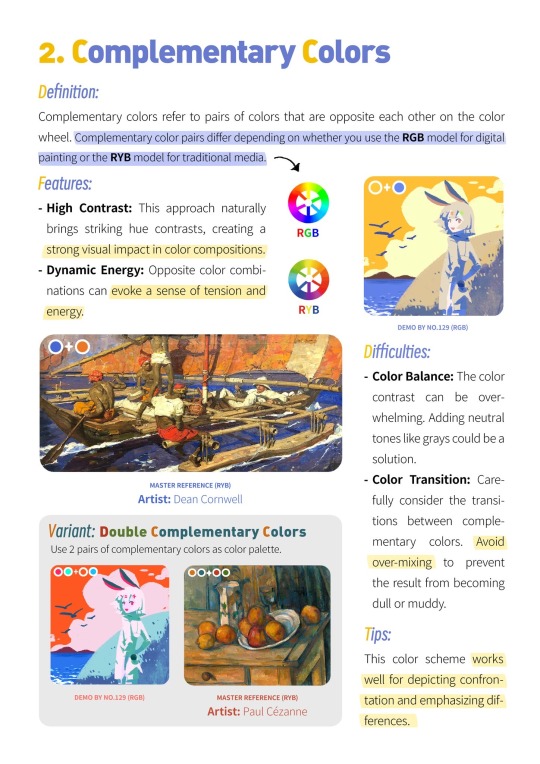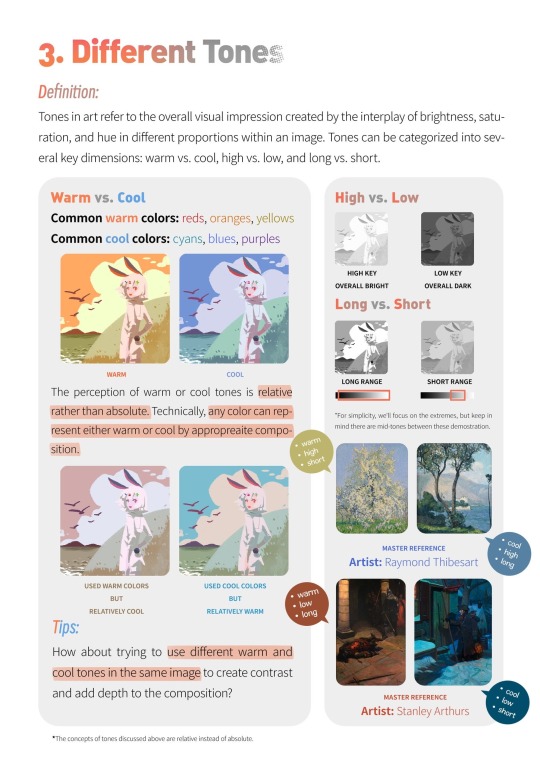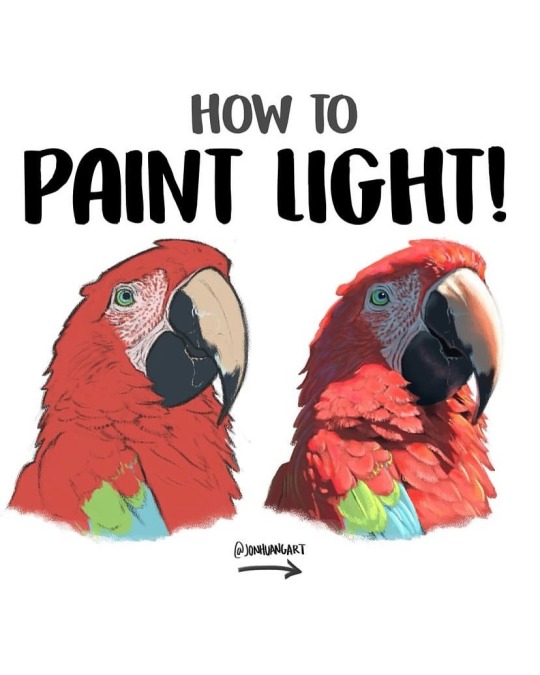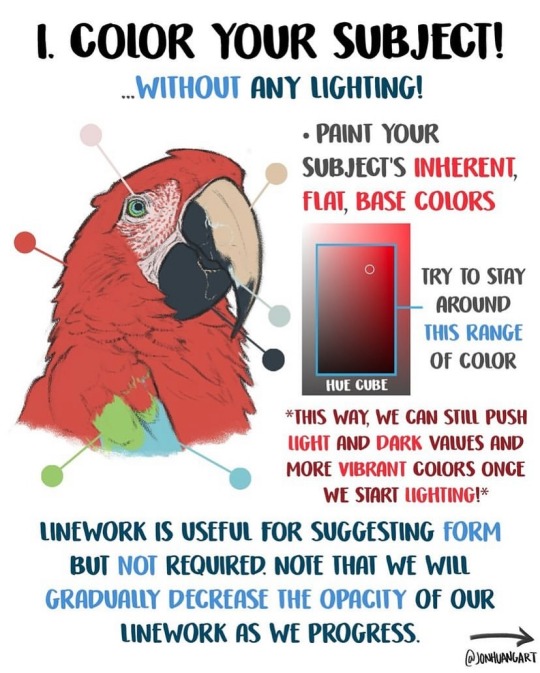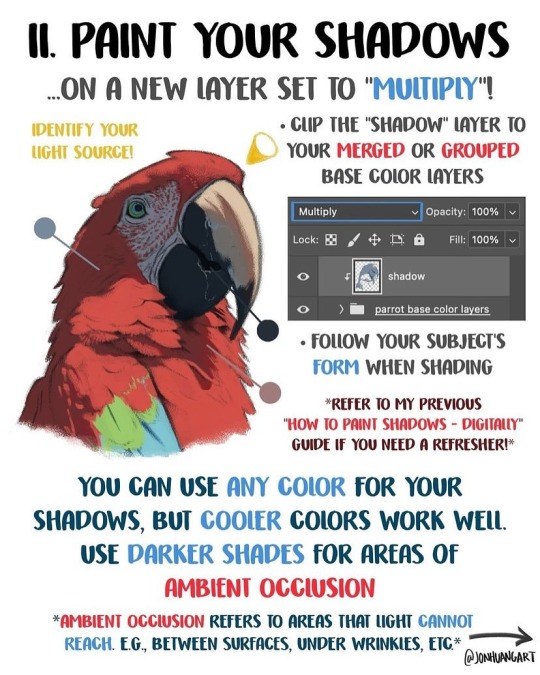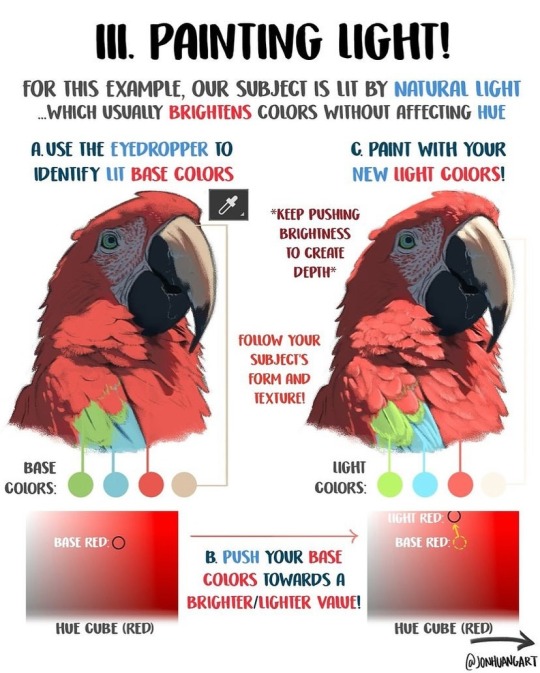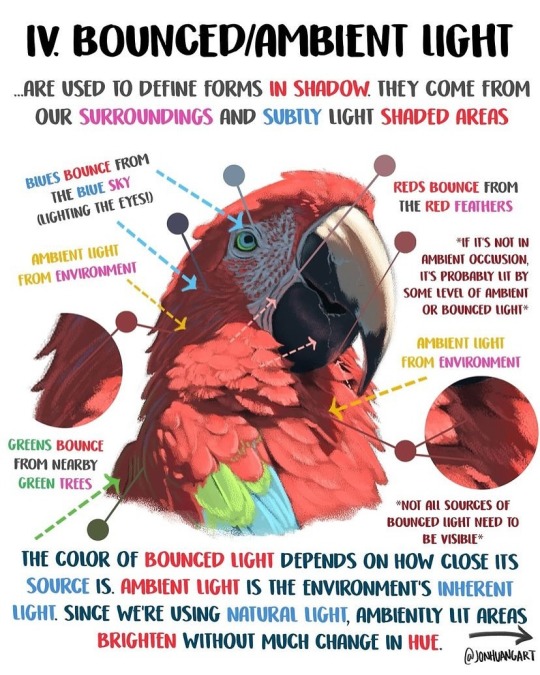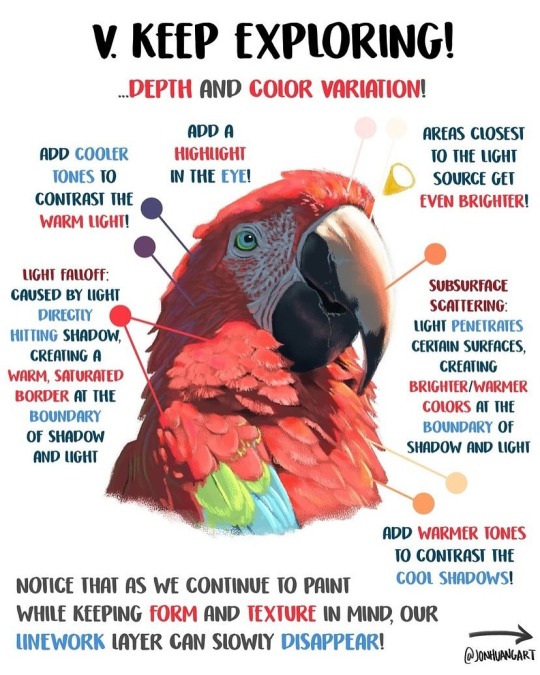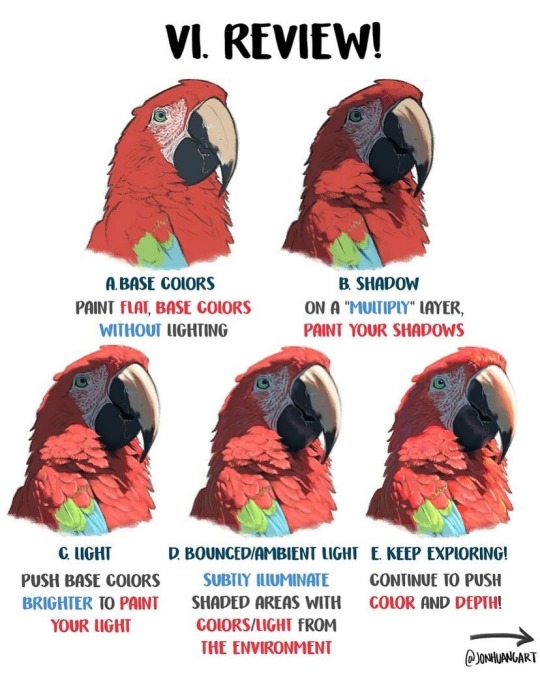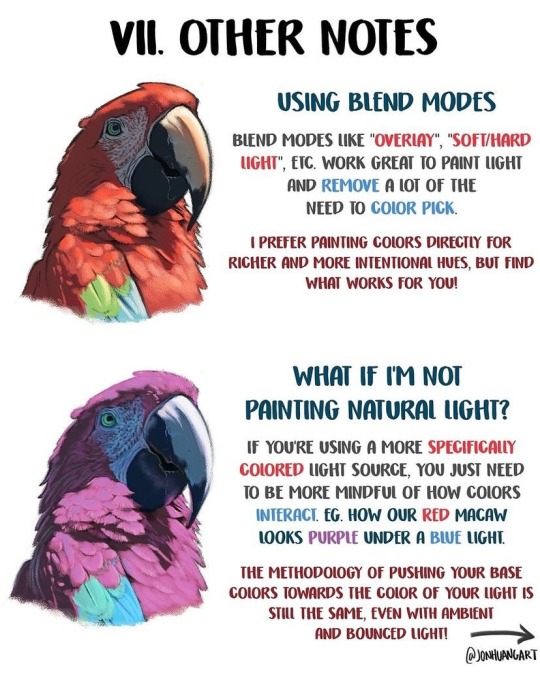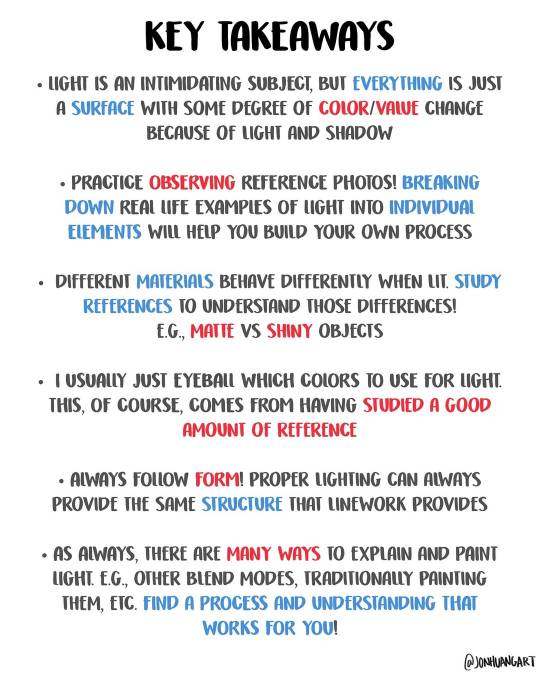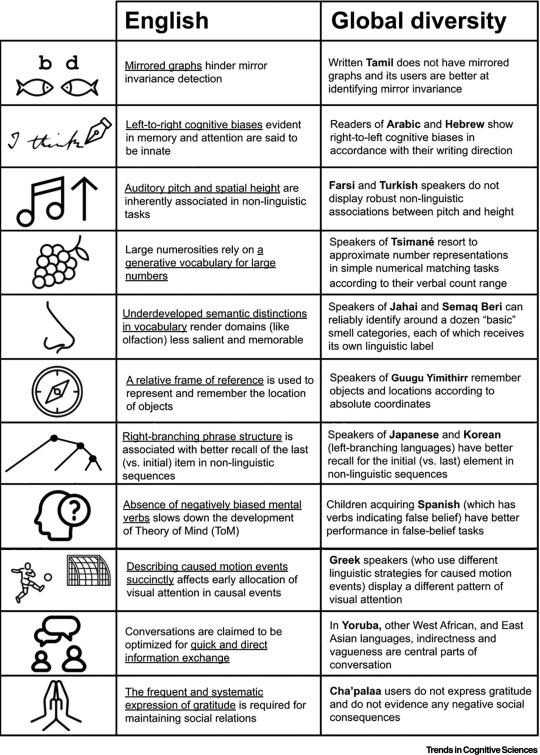Text
I want to try so many little hobbies. Candle making, soap making, basket weaving, wood carving, book binding, baking, weaving, I want to try them all.
84K notes
·
View notes
Text
Best Writing Advice I’ve Ever Received
1. “You can’t edit a blank page.”
This advice hit me like a ton of bricks when I first heard it. It’s so simple, yet so powerful. Writing something—even if it’s not perfect—is better than writing nothing at all. The idea is to get the words out, even if they’re messy, and then fix them later. There’s always room to improve, but the hardest part is starting. So, don’t wait for perfection. Just write.
2. “Show, don’t tell—except when you should tell.”
It’s one of the classic writing rules, and yet, I found this piece of advice to be both a game-changer and a huge relief. So often, we get stuck on the idea that “showing” is the ultimate goal. But sometimes, telling is just as effective. It’s about knowing when to lean into subtlety and when to give the reader exactly what they need upfront.
3. “Write the book you want to read.”
This was one of the most liberating pieces of advice I’ve ever received. So many times, we get caught up in writing what we think people will want to read, or what we think is “marketable.” But when you focus on writing a story you genuinely want to read—one that excites and moves you—everything else falls into place.
4. “Don’t compare your first draft to someone else’s final draft.”
This one is a tough one to swallow, especially in the age of social media where we’re constantly exposed to the polished, perfect versions of other people’s work. It’s easy to feel like you’re falling behind when you compare your rough drafts to someone else’s masterpiece. But every writer starts somewhere, and your first draft is just that—a draft.
5. “Make your characters want something, even if it’s just a glass of water.”
This advice came from a workshop, and it’s one that I’ve come back to time and time again. It’s a reminder that characters need motivation—whether it’s a big goal like saving the world, or something small and personal, like finding a glass of water in the desert. A character without desire is a character that feels flat and uninteresting.
6. “The best way to improve your writing is to read more than you write.”
This advice took me a while to fully understand, but it makes perfect sense. Reading other authors’ work, especially those whose writing you admire, teaches you things that can’t be learned through theory or workshops alone. You’ll pick up on pacing, voice, structure, and what makes a story truly captivating—all while expanding your understanding of storytelling.
7. “Your first draft is just you telling yourself the story.”
This was another gem of wisdom that I didn’t fully grasp at first. It’s easy to fall into the trap of wanting your first draft to be perfect, but it’s not meant to be. The first draft is for you—to explore the plot, the characters, the world. It’s your chance to get everything down and see where it leads, without worrying about perfection.
8. “Write with the door closed, rewrite with the door open.”
This is one of Stephen King’s rules of writing, and it’s a brilliant one. When you’re drafting, don’t worry about anyone else reading your work. It’s your time to be raw and experimental. But when it comes to revising, open that door—let others in for feedback, because the revision process is where the magic happens.
3K notes
·
View notes
Text
my 10 holy grail pieces of writing advice for beginners
from an indie author who's published 4 books and written 20+, as well as 400k in fanfiction (who is also a professional beta reader who encounters the same issues in my clients' books over and over)
show don't tell is every bit as important as they say it is, no matter how sick you are of hearing about it. "the floor shifted beneath her feet" hits harder than "she felt sick with shock."
no head hopping. if you want to change pov mid scene, put a scene break. you can change it multiple times in the same scene! just put a break so your readers know you've changed pov.
if you have to infodump, do it through dialogue instead of exposition. your reader will feel like they're learning alongside the character, and it will flow naturally into your story.
never open your book with an exposition dump. instead, your opening scene should drop into the heart of the action with little to no context. raise questions to the reader and sprinkle in the answers bit by bit. let your reader discover the context slowly instead of holding their hand from the start. trust your reader; donn't overexplain the details. this is how you create a perfect hook.
every chapter should end on a cliffhanger. doesn't have to be major, can be as simple as ending a chapter mid conversation and picking it up immediately on the next one. tease your reader and make them need to turn the page.
every scene should subvert the character's expectations, as big as a plot twist or as small as a conversation having a surprising outcome. scenes that meet the character's expectations, such as a boring supply run, should be summarized.
arrive late and leave early to every scene. if you're character's at a party, open with them mid conversation instead of describing how they got dressed, left their house, arrived at the party, (because those things don't subvert their expectations). and when you're done with the reason for the scene is there, i.e. an important conversation, end it. once you've shown what you needed to show, get out, instead of describing your character commuting home (because it doesn't subvert expectations!)
epithets are the devil. "the blond man smiled--" you've lost me. use their name. use it often. don't be afraid of it. the reader won't get tired of it. it will serve you far better than epithets, especially if you have two people of the same pronouns interacting.
your character should always be working towards a goal, internal or external (i.e learning to love themself/killing the villain.) try to establish that goal as soon as possible in the reader's mind. the goal can change, the goal can evolve. as long as the reader knows the character isn't floating aimlessly through the world around them with no agency and no desire. that gets boring fast.
plan scenes that you know you'll have fun writing, instead of scenes that might seem cool in your head but you know you'll loathe every second of. besides the fact that your top priority in writing should be writing for only yourself and having fun, if you're just dragging through a scene you really hate, the scene will suffer for it, and readers can tell. the scenes i get the most praise on are always the scenes i had the most fun writing. an ideal outline shouldn't have parts that make you groan to look at. you'll thank yourself later.
happy writing :)
8K notes
·
View notes
Text
Writing with Colors

A list of resources to help you describe different colors in your writing.
The Color Thesaurus A collection of infographics that show various shades of different colors, each shade/color labeled by name.
Color Reference Chart Another collection of infographics that show various shades of different colors, each shade/color labeled by name.
Hair Color Reference Chart A collection of infographics that show various shades of different hair colors, each shade/color labeled by name.
Eye Color Reference Chart A collection of infographics that show various shades of blue, brown, and green eye colors, each shade/color labeled by name.
Different Ways to Describe Hazel Eyes A list of ideas and suggestions for describing hazel eyes. Can be used as prompts or for brainstorming.
Different Ways to Describe Green Eyes A list of ideas and suggestions for describing green eyes. Can be used as prompts or for brainstorming.
Different Ways to Describe Blue Eyes A list of ideas and suggestions for describing blue eyes. Can be used as prompts or for brainstorming.
Different Ways to Describe Brown Eyes A list of ideas and suggestions for describing brown eyes. Can be used as prompts or for brainstorming.
+
I’m a writer, poet, and editor. I share writing resources that I’ve collected over the years and found helpful for my own writing. If you like my blog, follow me for more resources! ♡
6K notes
·
View notes
Text

Rotjaw from the hit game Hunt: Showdown!
tried out a different coloring/ shading technique, and I think it worked well
22 notes
·
View notes
Text

original indie ttrpgs by luka brave. find them on itch here
he/they
queer, disabled, jewish
studying therapeutically applied ttrpgs
open to writing, sensitivity reading, & layout freelance!
portfolio

osteotzee - magical monster augury yahtzee hack
dead man's hand - weird west storytelling card game
bagel, lox, golem talks - write an ethnography of a magic jewish shtetl - pwyw
the graveyard game - write an ethnography of a magical haunted graveyard
the narrator paradox - narrate a story while trying to wrangle your protagonist into listening to you
with breath & sword - fight monsters to calm down from anxiety
song a scene - a playlist-driven writing game that fits on a bookmark - pwyw

not a tabloid - absurdist comedy interview game
mama werewolf - werewolf family drama run on nature mechanics
shadow / giant - a traumatized, magical child and the jaded adult who cares for them

familiar field trip - competitive game for witch's familiars causing havoc and mayhem in the village
interstate 10 1/2 - a one page weird roadtrip light horror game built on horseshoe
crescent grin - a one page eldritch noir mystery game built on horseshoe
the pyrite bullet - a one page spaghetti western drama game built on horseshoe
small towns, big secrets - 200 word competitive drama game

little shepherd, little spy - spy in the fairy war using your bookshelf
advanced darning & dragons - comedy game about old people gossip and high fantasy - pwyw
hashtag girlbots - absurdist robot survival game about the tumblr bot takeover - pwyw
lullaby nights - song driven writing game - pwyw

beach day! - sweet party bonding minigame
how high! - an industrial fantasy city setting

you are thinking about silver - an autofiction game about a werewolf family
when you love someone: three rituals - three rituals to honor love in all its forms - pwyw
she shall not be raised a fey - a 36 word game about revisiting your changeling child - pwyw
we are but plants - 1 word we are but worms hack - pwyw

homebrew masterpost
autism & adhd, trauma, & service monster mechanics - pwyw
wild magic artificer, psychopomp sorcerer & living instrument bard
witch class (con based half caster made with @hmooncreates), handler class (pokemon inspired mon collector), & paternal class (these are just dilfs)
studio ghibli inspired pack with feats, backgrounds, races, monsters, and subclasses

ttrpgs used in teaching composition to college students
the family tree
village witch
what little the flames leave us
personal narrative essay solo journaling games
not a tabloid
we are but worms
graves for funerals
the world is ending and we are very large dogs
vessel of the garbage god
literary analysis essay games
grandma club
LOGAN: an autobiographical tabletop game
436 notes
·
View notes
Text
reposting homebrew!
hello all! now that things with wotc have Settled i've decided to repost my 5e homebrew as itch exclusives! enough people said they hoped they would go up again that it seemed like it was time to make them available once more. i'll be posting a few homebrew each sunday so keep a look out!
so without further ado ...
autism & adhd mechanics
11 total traits for pcs and npcs to mechanically emphasize their autism and/or adhd. includes disability specific and shared traits, including executive dysfunction, sensory processing disorder, motor issues, rejection sensitive dysphoria, and more! pay what you want! updated since the last time published!
wild magic artificer subclass
includes subclass spells, two brand new artificer infusions, a custom wild magic roll table, and access to magic tattoos!
witch class
a constitution-based half caster class with a brand new way of casting spells to add more strategy and risk to spellcasting. includes nearly 30 curses at levels 3, 10, and 15, including curses specific to your coven. adopt a familiar who grows in power as you do. includes the Enchanter - a coven focused on illusion and utility, the Hedgewitch - a coven focused on heals and buffs, and the Jinx - a coven focused on combat and necromancy. comes with a custom character sheet by bees baldwin. co-created with @beatricexbenedick
383 notes
·
View notes
Text
I say shit like "If my memory serves me" knowing damn well it serves the dark lord
101K notes
·
View notes
Text









I was asked by a friend yesterday if I could offer basic tips about comic paneling. As it turns out, I have a lot to say on the matter! I tried breaking down the art of paneling using the principles of art and design, and I hope it helps you out!
EDIT: uh uh there are a lot of people reblogging this, so i figure i may as well append this now while i can lol
This whole thing was very much cranked out in a few hours so I had a visual to talk about with a friend! If this gives you a base understanding of paneling, that's awesome! Continue to pull in studies from the comics you see and what other artists do well and don't do well! You can tell paneling is doing well when the action is flowing around in its intended reading format.
Here's the link to the globalcomix article from which I pulled the images about panel staggering! Someone sent in a reblog that it wasn't totally clear that the 7th slide mostly covers what NOT to do in regards to staggering, and that is my mistake!
I saw in a tag that someone was surprised I used MamaYuyu too, and I don't blame them lol. If I had given myself more than a couple hours maybe I would have added something else on, I just really admire MamaYuyu's paneling personally.
uh uh, final append: I am by no means a renowned master of paneling, so if you find anything off base here, by all means, counter it with your own knowledge and ways you can build upon from here! Art is always a sum knowledge of everything we find. 💪
29K notes
·
View notes
Text
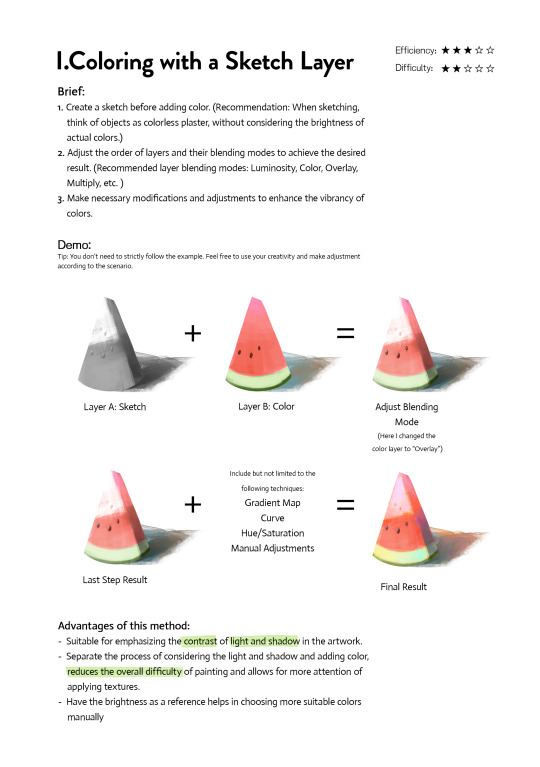
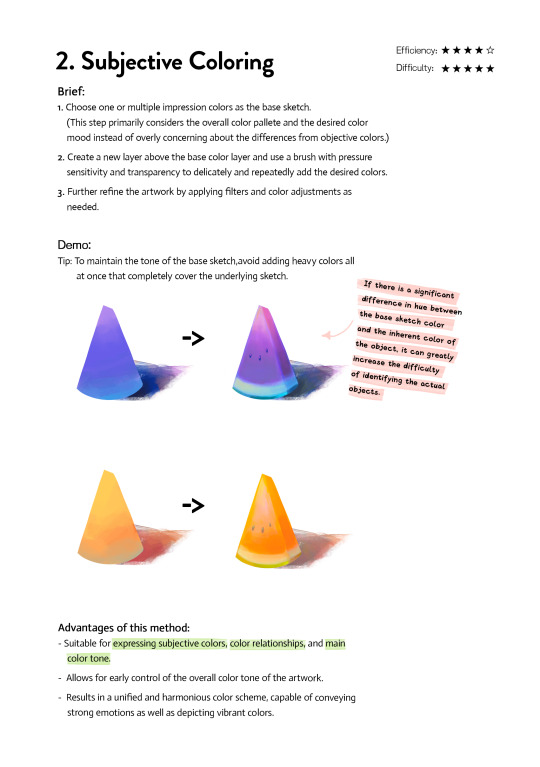
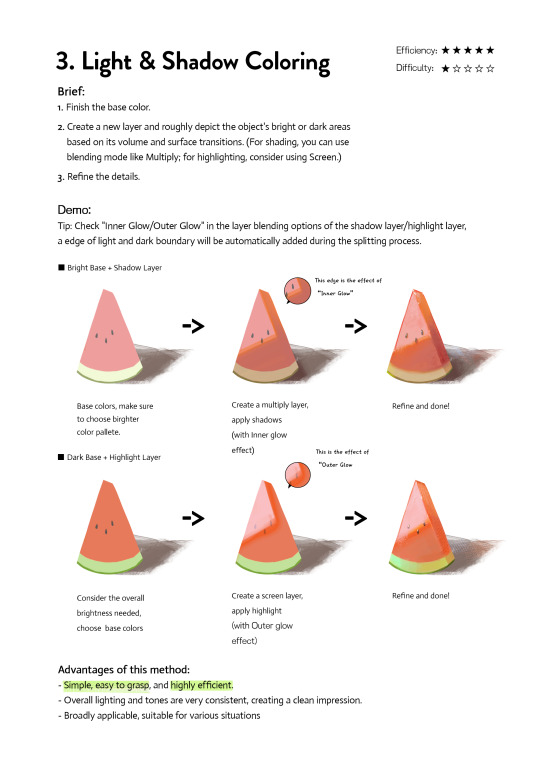
Art Tutorial| 3 coloring methods
If you're frustrated at coloring or don't know how to do the color, please check and try them. They may inspire you to find a new way. Any feedback and suggestions are welcome!
3K notes
·
View notes
Text


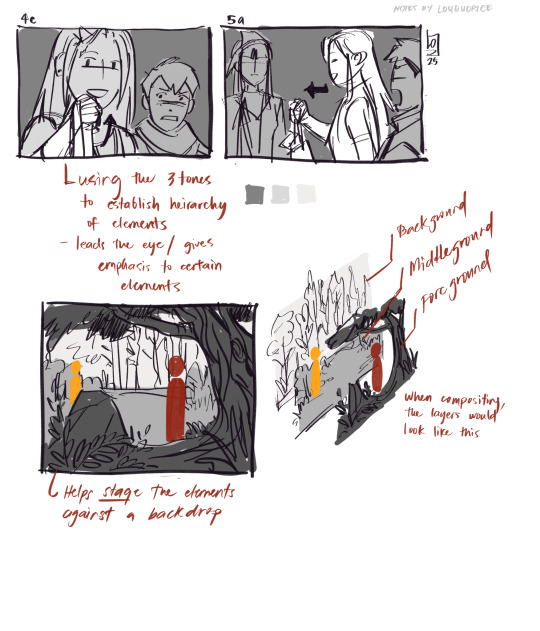




Teaching my students how to storyboard this sem 🥲 & here are some notes I jotted down to prep for it hehe
(Note: these are gen stuff, not hard rules. hope it helps yall too or smth either way)
[Twitter] [Instagram] [Kofi]
2K notes
·
View notes
Text
This is the only tiktok you’ll ever need, I’ve made about 13 of these and I’m not stopping anytime soon
199K notes
·
View notes
Text
I'm working on Bagge's guide to writing. This is what I got so far.
Know yourself. Everyone writes differently, and everyone has different needs they need to figure out. That goes for how you interact with the rest of the list as well. If a tip is not for you, then don't follow it.
One single damned sentence! Write something every day. One sentence is enough, but writing one sentence will put the story back in your mind, you will pull up the document and find out where you stopped. More often than not one sentence will lead to more, but one is enough.
Celebrate your victories. If all you have written is one sentence, then you should be proud that you did write that sentence. If all you did was thinking about your story, that counts too.
Think forward. When you get to a natural end point (end of scene, end of chapter), write one more sentence, staring the next part, before you end your writing session. That way, you will think of what to write rather than what you have written.
Be careful with editing while writing. Sometimes it's good to catch a pesky spelling mistake, but most of the time you want to keep the flow.
Words on paper! The most important task with the first draft is to get the first draft done. You can fix whatever bugs you in the editing stage, but you want to move on from having only a blank page to work with.
Brackets. If you get stuck on the technical terms for a certain piece of clothing, spelling or how to resolve a certain [something] then, put it in brackets and move on. Sometimes my writing looks like "X said [something sexy] and Y blushed. [Stuff happened]. "Let's do [something more sexy]!" Y said." Keep your flow.
Take micro breaks. If you get stuck, leave the writing space for ten seconds before you continue writing. Sometimes that's all it take
BACKUPS!
When writing a longer story, treat the first chapters as "draft 0.5". You will probably have to rework them once you find your stride with the story properly and figure out all those little details you simply don't know while writing the beginning. That's OK, as long as you make it part of your writing process.
Figure out what's stopping you from telling your story and work on that. Two cakes? Do it scared? Whatever works for you.
What's your favourite writing tips?
78 notes
·
View notes




